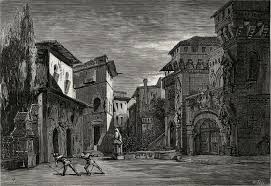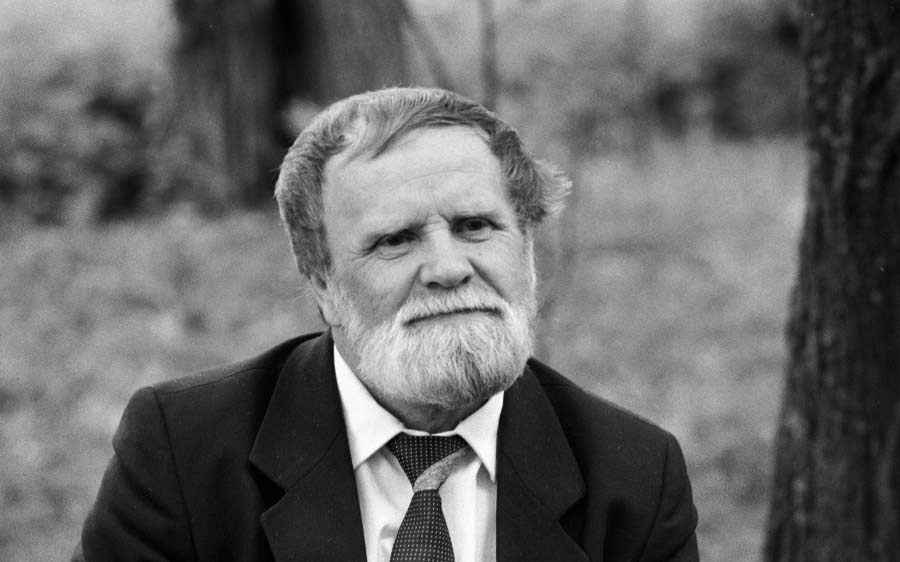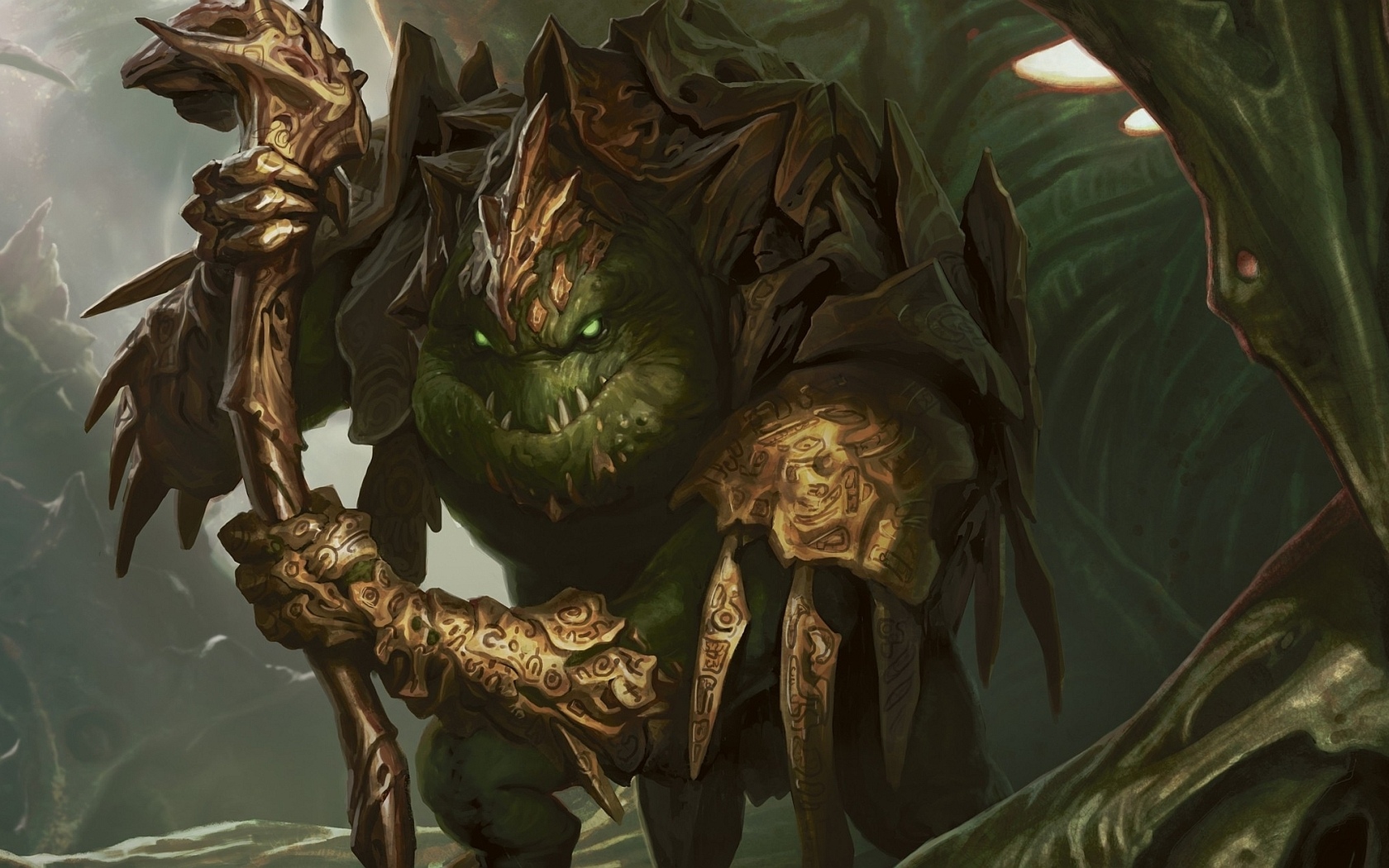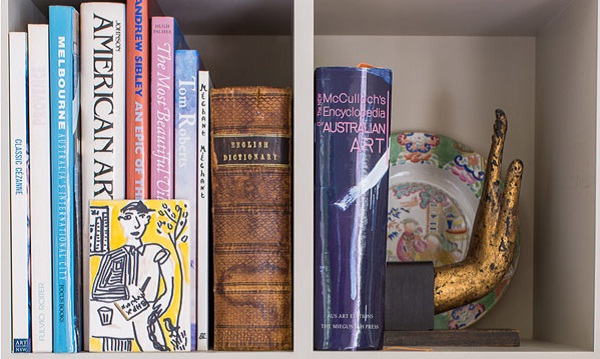Corneille “Sid” – analysis with quotes
 In the best works of the founder of the classic tragedy Pierre Corneille (1606 – 1684), speaking in the early period of classicism, at the time of absolute monarchy flourishing, the majestic images of harsh, volitional heroes express the idea of patriotic duty understood as serving the state in the person of the king. A characteristic theme of classicism — the clash of personal interests with public debt — is permitted by Corneille in favor of debt, although he also portrays with great force the tragedy of human feeling suppressed by absolutist statehood.
In the best works of the founder of the classic tragedy Pierre Corneille (1606 – 1684), speaking in the early period of classicism, at the time of absolute monarchy flourishing, the majestic images of harsh, volitional heroes express the idea of patriotic duty understood as serving the state in the person of the king. A characteristic theme of classicism — the clash of personal interests with public debt — is permitted by Corneille in favor of debt, although he also portrays with great force the tragedy of human feeling suppressed by absolutist statehood.
The best creation of Corneille – his early play “Sid” (tragicomedy, which means “tragedy with a happy ending” – a mixed genre not accepted in classicism). Its plot is taken from the medieval Spanish epic, but the images and perspectives reflect the French life of the 17th century.
The play is imbued with heroic pathos. The young man Rodrigo to the girl Jimena, loving each other, sacrifice their love for the sake of duty, in this case – the duty to fight for the honor of their fathers: Rodrigo kills his father Jimena, who insulted his father’s slap in the face; Jimena, in turn, demands the execution of Rodrigo for the murder of her father. The emotional conflict of both is expressed with great force, especially in the famous monologue of Rodrigo in the VI phenomenon of the first act:
I am devoted to internal war:
My love and honor in the fight irreconcilable:
Stand up for the father, renounce his beloved!
He calls for courage, she holds her hand to me.
The love that Rodrigo and Jimena donate is depicted as a great heroic feeling. Each of them, bringing this sacrifice, wants to die. Velichava and at the same time touching the scene of their meeting after the murder, which blocked their path to happiness. Not for a minute, both of them are retreating from the cruel duty, but, parting, sincerely express their human pain.
The highest heroism is expressed here in that love itself places strict demands and does not put up with weakness and shame. As Rodrigo Jimene explains, resolving an internal dispute in favor of debt prompted him to
That the one who is used to seeing me valiant
A destitute should hate.
Jimena, in response, says Rodrigo:
Worthy to kill you.
But above duty of feudal honor, destroying love, duty to the motherland: the feats Rodrigo performed in defense of his country from the attack of the Moors save his life and ultimately his love and Jimena. Through the lips of the Infanta (daughter of the king), Corneille condemns revenge against the protector of the state.
And you would decide to protect your house
Give the fatherland to the enemy defeat? –
she asks Jimen reproachfully.
The public, state principle is the basis of the high demands made on people by all the heroes of this play. The idea of honor acquires a new shade: the honor of a man, his value is determined primarily by his merits to the state and the king. The monarch is depicted as the embodiment of the state.
However, the patriotic idea appears in the play in its national meaning: the glory of Rodrigo, who defeated the enemies, is proclaimed above all by the people themselves. The play reflects the national rise of the French people, associated with the successful struggle against the Germans and Spaniards: it was created in one of the most difficult moments of the Thirty Years War.
Rodrigo is glorified as an ideal warrior, devoted to duty and honor, as a patriot, performing the highest feats in defense of his homeland, and as a lover, ready to die for his love.
… He appreciated, as the best in the fatherland,
Above passion duty and passion beyond life.
Thus, his character is not turned into a schematic embodiment of a single trait, the power of feeling gives him liveliness and persuasiveness.
The play is very clear in its structure. The main problem is revealed by the numerous arguments of the heroes and the logically clear symmetrical opposition of images: on the one hand, Rodrigo is the only son with his love and duty to his father; on the other hand, in the same position, Jimena is the only daughter. Over all, like a judge, a king,
The logical disclosure of the conflict contributes to a clear sound of the verse. In classicists rhyme expressively emphasizes the meaning of the phrase. By the parallel structure of two verse lines or two halves of a verse, Corneille creates sharp comparisons:
Jimena:
He has deprived the father of his daughter!
Don Diego:
He returned the honor to his father!
However, the absolutist ideology is far from consistently expressed in “Side”! The victory of duty is incomplete: Jimena must eventually marry the murderer of her father. The heroes of the play are independent feudal lords, who are difficult to wean from past liberties; they perform responsible actions at their own peril and risk, fight in duels, against which Richelieu fought cruelly at the time. The most unbridled of them – the father of Jimena – allows himself to criticize the decision of the king in disrespectful tones.
The play is not strictly followed the artistic rules of classicism. They did not correspond to the genre of tragicomedy, nor the Spanish medieval (instead of the ancient) plot.



